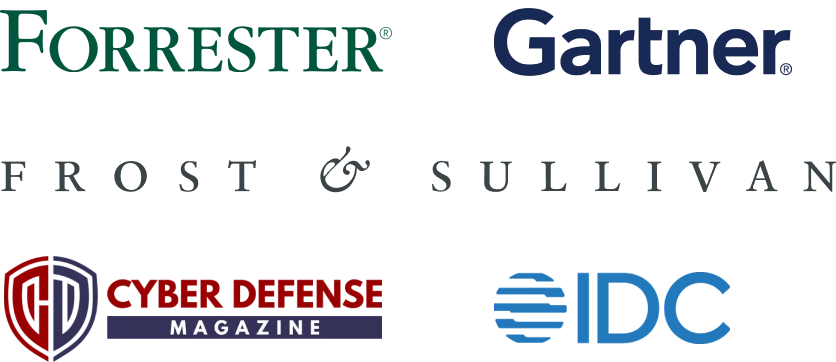Helping 11,000+ global companies take the gloves off - View Customer Stories





Level up SecOps. With the only endpoint to cloud, unified cybersecurity platform.
Analyze attack vectors distinct to your organization, link them to exposures, and confidently act to prevent breaches with leading MDR.
-
MDR with Unlimited
Incident ResponseGain 24/7 XDR monitoring, remediation, and DFIR from SOC experts.
-
Next-Gen
SIEMPinpoint threats wherever they start with cloud-first detection and response.
-
Cloud
SecuritySecure multi-cloud environments with complete visibility.
-
Vulnerability
ManagementUnderstand risk across hybrid environments.
-
Threat
IntelligenceDiscover and remediate
external threats. -
Exposure
ManagementGet continuous assessment and validation of your attack surface.
Analyze this: our difference is real
Bringing a unique practitioner focus to security operations means we're ranked as a "Leader", with a "Visionary" model that puts your success at the center of all we do.

One stop for security news, research and real-time analysis.
Subscribe to our blog, and stay ahead of trending topics, emergent threats and real-time, expert analysis.
